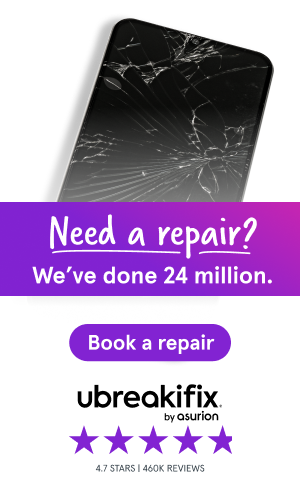- Joined
- Sep 27, 2012
- Messages
- 412
- Reaction score
- 39
I am not as technically savvy when it comes to programming and code. I've typically worked well with most programmers and developers in the past or have worked with a friend who "gets it." My client recently brought on a new programmer. I worked very well with their original person.
I recently discovered that their site was not functioning properly. I brought it to their attention and nothing was rectified. I was questioned about traffic and informed them that the main navigation was not functioning properly. Naturally, they are looking to blame me some how, some way. I'm not saying that the site malfunction is a direct cause for the traffic slip but I imagine it has something to do with it. I've been reviewing GWT's to see if anything was picked up by Google.
Several questions:
- How do you manage situations where you are working with a developer or programmer that is not yourself or someone you work with?
- How do you circumvent the finger pointing and not be the fall person?
- What is your policy for delivering results and things out of your control such as making sure the site actually functions properly?
- Do you assume any responsibility when the site is not functioning properly?
- Are you held accountable for knowing when there is something wrong with the site or do you leave it up to the client to see the more obvious?
- What tools, if any, do you have in place to be sure the site is working properly?
I don't want to lose a client and I certainly don't want them to think I'm screwing up but some people don't get it. Do I chalk it up to their ignorance and let the pieces fall where they fall? I feel like it's partly my fault for not noticing the issue sooner. At the same time, I have no responsibility or access to the site and provide recommendations to their programmer.
Looking forward to any feedback.
I recently discovered that their site was not functioning properly. I brought it to their attention and nothing was rectified. I was questioned about traffic and informed them that the main navigation was not functioning properly. Naturally, they are looking to blame me some how, some way. I'm not saying that the site malfunction is a direct cause for the traffic slip but I imagine it has something to do with it. I've been reviewing GWT's to see if anything was picked up by Google.
Several questions:
- How do you manage situations where you are working with a developer or programmer that is not yourself or someone you work with?
- How do you circumvent the finger pointing and not be the fall person?
- What is your policy for delivering results and things out of your control such as making sure the site actually functions properly?
- Do you assume any responsibility when the site is not functioning properly?
- Are you held accountable for knowing when there is something wrong with the site or do you leave it up to the client to see the more obvious?
- What tools, if any, do you have in place to be sure the site is working properly?
I don't want to lose a client and I certainly don't want them to think I'm screwing up but some people don't get it. Do I chalk it up to their ignorance and let the pieces fall where they fall? I feel like it's partly my fault for not noticing the issue sooner. At the same time, I have no responsibility or access to the site and provide recommendations to their programmer.
Looking forward to any feedback.




